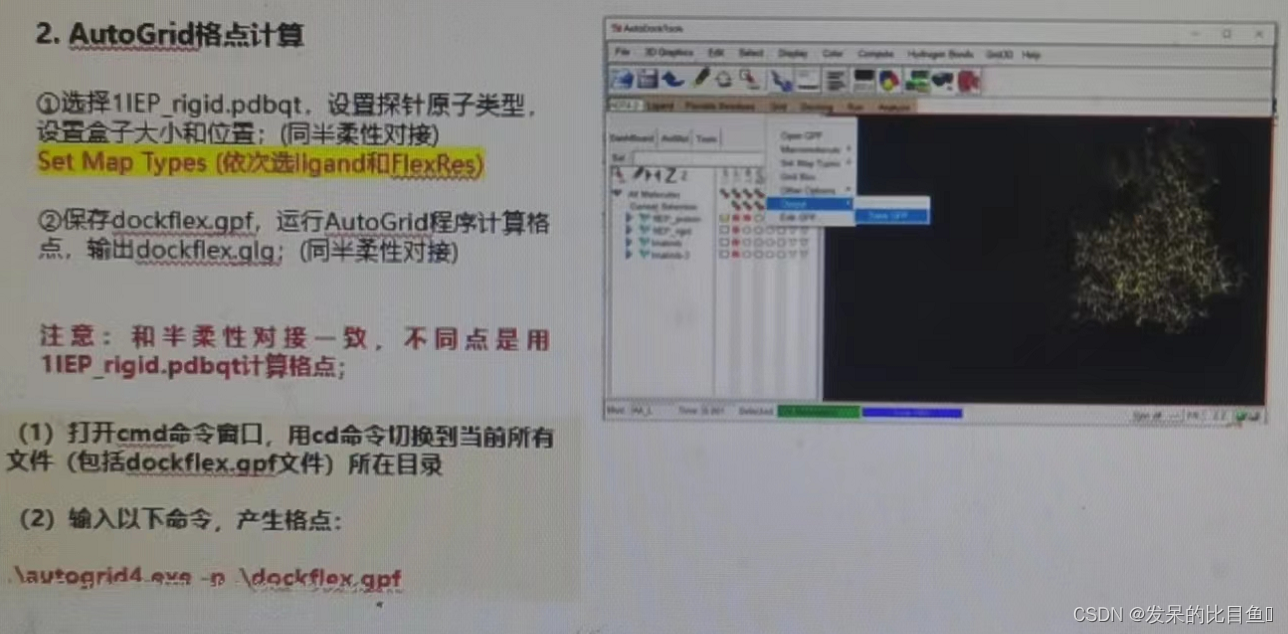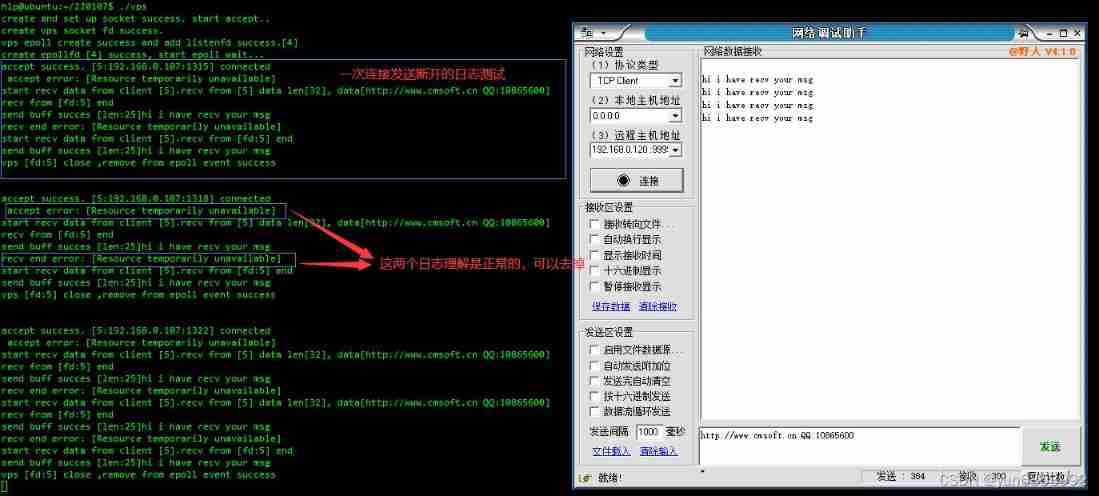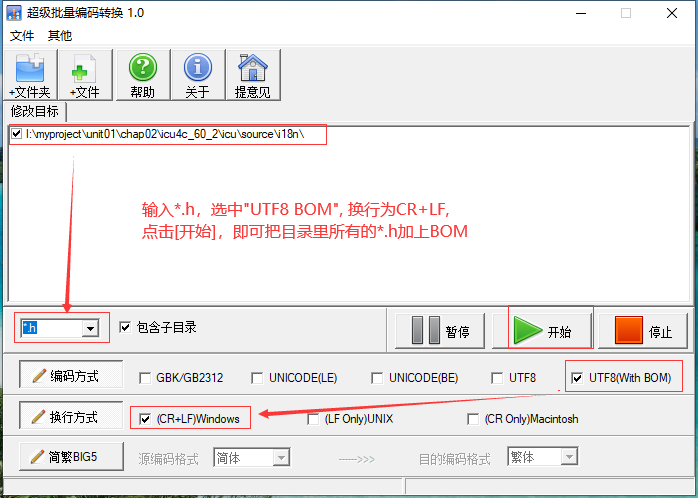PlatformIO: libopencm3 + FreeRTOS
The following steps are based on common Bluepill STM32F103C8T6, Also applicable to other libopencm3 Supported by MCU model
Scheme 1 : Copy only the files you need
- stay PlatformIO in , Board choice Bluepill F103C8, Framework choice libopencm3, Create project
- In the project lib Create a new directory FreeRTOS
- Unzip the latest FreeRTOS
- Copy FreeRTOS/Source/ Under the table of contents , except portable All other files and directories except directory , to lib/FreeRTOS Next
- Copy FreeRTOS/Source/portable/GCC/ARM_CM3 All files in the directory (port.c, portmacro.h), to lib/FreeRTOS Next
- Copy FreeRTOS/Source/portable/Common All files in the directory (mpu_wrappers.c), to lib/FreeRTOS Next
- Copy FreeRTOS/Source/portable/MemMang Under the table of contents heap_4.c, to lib/FreeRTOS Next
- Copy FreeRTOSConfig.h, to lib/FreeRTOS/include Next
- To write src/main.c
After completion, the directory structure should be
├── include
│ └── README
├── lib
│ ├── FreeRTOS
│ │ ├── croutine.c
│ │ ├── event_groups.c
│ │ ├── heap_4.c
│ │ ├── include
│ │ │ ├── atomic.h
│ │ │ ├── croutine.h
│ │ │ ├── deprecated_definitions.h
│ │ │ ├── event_groups.h
│ │ │ ├── FreeRTOSConfig.h
│ │ │ ├── FreeRTOS.h
│ │ │ ├── list.h
│ │ │ ├── message_buffer.h
│ │ │ ├── mpu_prototypes.h
│ │ │ ├── mpu_wrappers.h
│ │ │ ├── portable.h
│ │ │ ├── projdefs.h
│ │ │ ├── queue.h
│ │ │ ├── semphr.h
│ │ │ ├── stack_macros.h
│ │ │ ├── StackMacros.h
│ │ │ ├── stdint.readme
│ │ │ ├── stream_buffer.h
│ │ │ ├── task.h
│ │ │ └── timers.h
│ │ ├── list.c
│ │ ├── mpu_wrappers.c
│ │ ├── port.c
│ │ ├── portmacro.h
│ │ ├── queue.c
│ │ ├── stream_buffer.c
│ │ ├── tasks.c
│ │ └── timers.c
│ └── README
├── platformio.ini
├── README.md
├── src
│ └── main.c
└── test
└── README
Option two : complete FreeRTOS, Use library.json
- stay PlatformIO in , Board choice Bluepill F103C8, Framework choice libopencm3, Create project
- In the project lib Create a new directory FreeRTOS
- Unzip the latest FreeRTOS
- Copy FreeRTOS/Source/ All files in the directory to lib/FreeRTOS Next
- Copy FreeRTOS/Source/portable/GCC/ARM_CM3 Under the table of contents portmacro.h to lib/FreeRTOS Next , because library.json Multiple... Are not supported yet include route
- Copy FreeRTOSConfig.h, to lib/FreeRTOS Next
- lib/FreeRTOS Add below library.json
- To write src/main.c
library.json The contents are as follows , Include only what you need c file
{
"name": "FreeRTOS",
"version": "10.4.6",
"build": {
"srcFilter": [
"+<*.c>",
"+<portable/GCC/ARM_CM3/port.c>",
"+<portable/MemMang/heap_4.c>"
]
}
}
If it's multi-core MCU, Need to include again mpu_wrappers.c, about F103C8 Not really
"+<portable/Common/mpu_wrappers.c>",
After completion, the directory structure is
├── include
│ └── README
├── lib
│ ├── FreeRTOS
│ │ ├── croutine.c
│ │ ├── event_groups.c
│ │ ├── FreeRTOSConfig.h
│ │ ├── include
│ │ ├── library.json
│ │ ├── list.c
│ │ ├── miniprintf.c
│ │ ├── miniprintf.h
│ │ ├── portable
│ │ ├── portmacro.h
│ │ ├── queue.c
│ │ ├── stream_buffer.c
│ │ ├── tasks.c
│ │ └── timers.c
│ └── README
├── platformio.ini
├── README.md
├── src
│ └── main.c
└── test
└── README
Sample code
Use Queue Of UART Send and receive
/* Task based UART demo, using queued communication.
*
* TX: A9 ====> RX of TTL serial
* RX: A10 <==== TX of TTL serial (not used)
*/
#include <FreeRTOS.h>
#include <task.h>
#include <queue.h>
#include <libopencm3/stm32/rcc.h>
#include <libopencm3/stm32/gpio.h>
#include <libopencm3/stm32/usart.h>
static QueueHandle_t uart_txq; // TX queue for UART
/*********************************************************************
* Configure and initialize USART1:
*********************************************************************/
static void
uart_setup(void) {
rcc_periph_clock_enable(RCC_GPIOA);
rcc_periph_clock_enable(RCC_USART1);
// UART TX on PA9 (GPIO_USART1_TX)
gpio_set_mode(GPIOA,
GPIO_MODE_OUTPUT_50_MHZ,
GPIO_CNF_OUTPUT_ALTFN_PUSHPULL,
GPIO_USART1_TX);
usart_set_baudrate(USART1,115200);
usart_set_databits(USART1,8);
usart_set_stopbits(USART1,USART_STOPBITS_1);
usart_set_mode(USART1,USART_MODE_TX);
usart_set_parity(USART1,USART_PARITY_NONE);
usart_set_flow_control(USART1,USART_FLOWCONTROL_NONE);
usart_enable(USART1);
// Create a queue for data to transmit from UART
uart_txq = xQueueCreate(256,sizeof(char));
}
/*********************************************************************
* USART Task:
*********************************************************************/
static void
uart_task(void *args __attribute__((unused))) {
char ch;
for (;;) {
// Receive char to be TX
if ( xQueueReceive(uart_txq,&ch,500) == pdPASS ) {
// if not tx data buffer empty
while ( !usart_get_flag(USART1,USART_SR_TXE) )
taskYIELD(); // Yield until ready
usart_send(USART1,ch);
}
// Toggle LED to show signs of life
gpio_toggle(GPIOB,GPIO12);
gpio_toggle(GPIOC,GPIO13);
}
}
/*********************************************************************
* Queue a string of characters to be TX
*********************************************************************/
static void
uart_puts(const char *s) {
for ( ; *s; ++s ) {
// blocks when queue is full
xQueueSend(uart_txq,s,portMAX_DELAY);
}
}
/*********************************************************************
* Demo Task:
* Simply queues up two line messages to be TX, one second
* apart.
*********************************************************************/
static void
demo_task(void *args __attribute__((unused))) {
for (;;) {
uart_puts("Now this is a message..\n\r");
uart_puts(" sent via FreeRTOS queues.\n\n\r");
vTaskDelay(pdMS_TO_TICKS(1000));
}
}
/*********************************************************************
* Main program & scheduler:
*********************************************************************/
int
main(void) {
rcc_clock_setup_in_hse_8mhz_out_72mhz(); // CPU clock is 72 MHz
// GPIO PB12,PC13:
rcc_periph_clock_enable(RCC_GPIOB);
rcc_periph_clock_enable(RCC_GPIOC);
gpio_set_mode(
GPIOC,
GPIO_MODE_OUTPUT_2_MHZ,
GPIO_CNF_OUTPUT_PUSHPULL,
GPIO13);
gpio_set_mode(
GPIOB,
GPIO_MODE_OUTPUT_2_MHZ,
GPIO_CNF_OUTPUT_PUSHPULL,
GPIO12);
// Turn LED off
gpio_set(GPIOB, GPIO12);
gpio_set(GPIOC, GPIO13);
uart_setup();
xTaskCreate(uart_task,"UART",100,NULL,configMAX_PRIORITIES-1,NULL);
xTaskCreate(demo_task,"DEMO",100,NULL,configMAX_PRIORITIES-1,NULL);
vTaskStartScheduler();
for (;;);
return 0;
}



![[Zhao Yuqiang] deploy kubernetes cluster with binary package](/img/be/8710605c8da8d1553af974f0dc46bc.jpg)

![[Chongqing Guangdong education] engineering fluid mechanics reference materials of southwestjiaotonguniversity](/img/ac/93a64e59592e3d083a771b993d6884.jpg)



